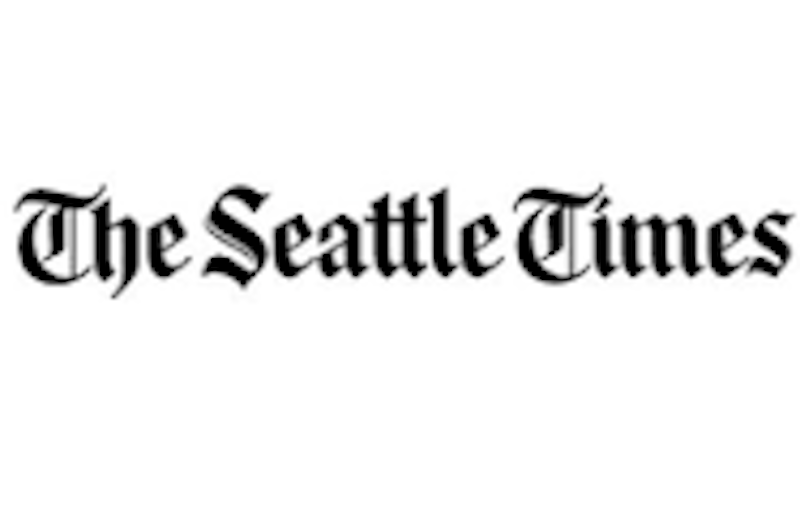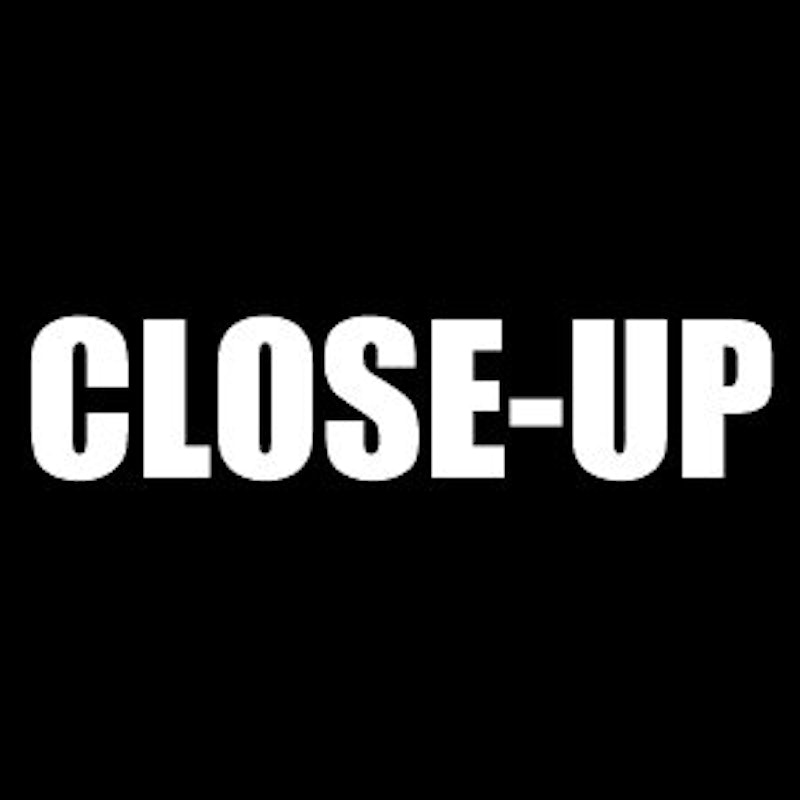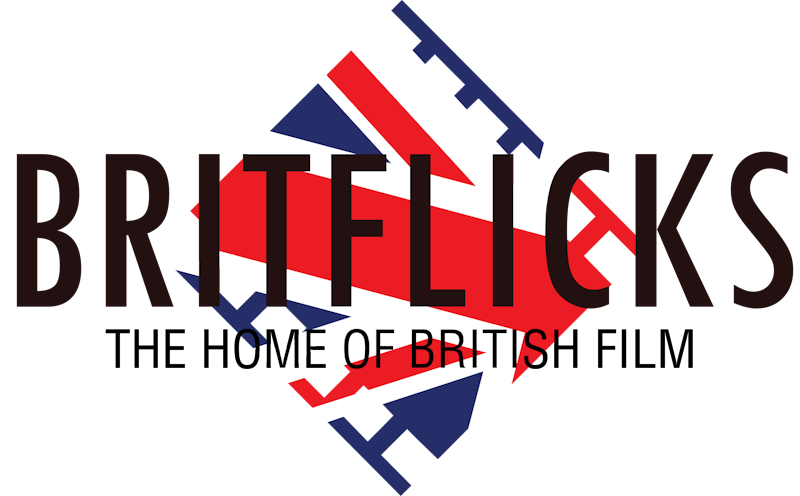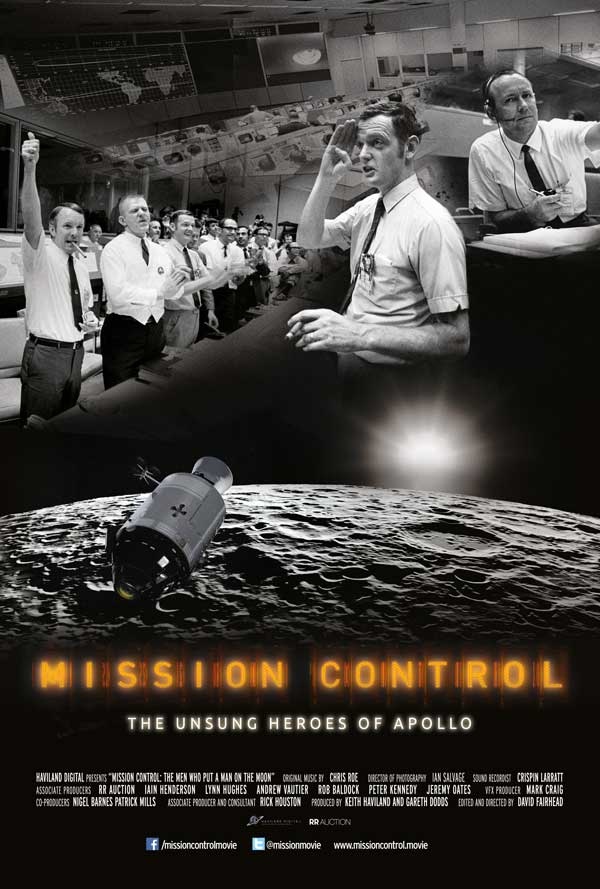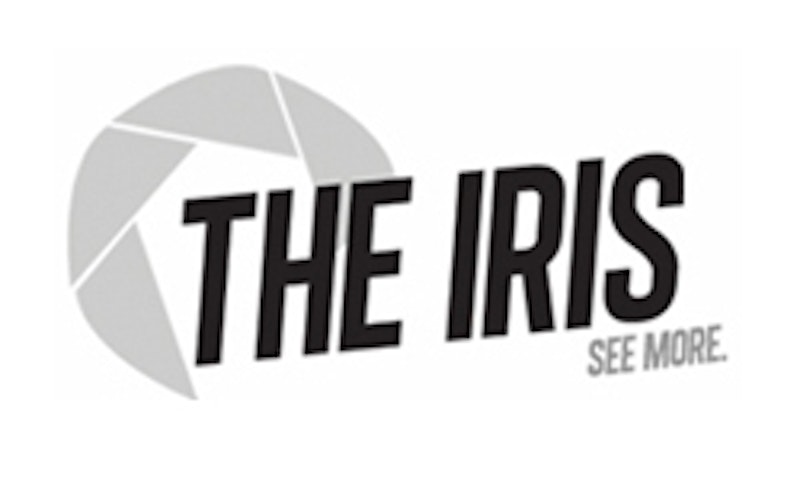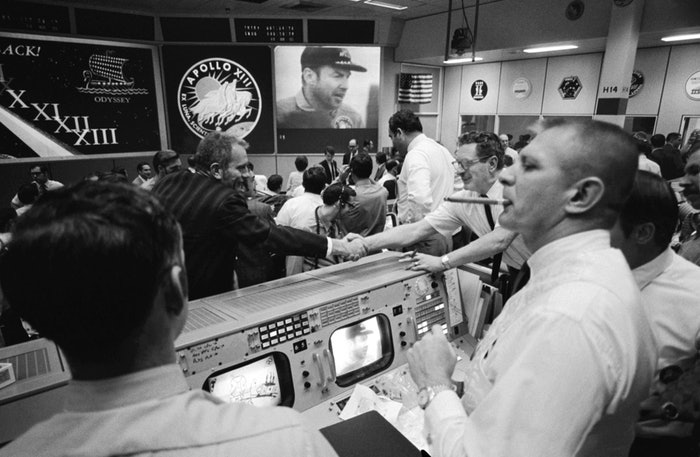Same Story Reignited
As I strapped myself into the couch to experience Fairhead's 'Mission Control: The Unsung Heroes of
Apollo' documentary I wondered how he would bring a fresh perspective to a seemingly common story - the Apollo program. Other documentaries (When We Left Earth, Lost Moon, From The Earth to the Moon, etc) sprinkle the story of Mission Control throughout, and the History Channel made a Mission Control focused documentary in 2003 (Failure is Not an Option). What story was Fairhead going to tell that hasn't already been told?
The TL;DR version of this post: the story is not new...it is nearly 50 years old and includes the same characters and scenery, the same plot twists, even some recycled one-liners.
But, in my opinion, none of that matters.
The truth is - there is no better story to tell...yet. Our generation doesn't have a collective 'Apollo moment', we have never experienced a country so wrapped up in supporting manned spaceflight to earmark over 5% of the federal budget to get a man on the moon, or anywhere beyond low Earth orbit really. We don't have a time crunch, we don't have a deadline, we don't have a global race for dominance.
Instead we have a 24 hour news cycle that constantly reminds us of all the terrible things happening all over the world. We have gobs of internet clickables that endorse our personal political views and pigeonhole our news consumption to only the things we want to hear about. The voices that divide us far outcry the voices that unite us. Our worldview has diffused so much and consequently our finances and our focus. The game is changing for manned spaceflight and the [seemingly] few who still prioritize it.
I hope more than anything that NASA's Orion program sees the light of day, and we find ourselves once more wrapped up, as a country, in pushing the boundary of space; but in the back of my head, we are just one congressional hearing or budget cut away from losing that dream too. The only solace is in private space companies, funded by individuals willing to support whatever the hell they want, unscathed by politics, driven only by desire. Admittedly it's a hard reality to accept for this humble rocket scientist.
And as I step off my soapbox, I land feet first on the good Earth. A place where movie people can reignite the fire of a bygone generation, where the stories have already been told but are so remarkable they are worth telling again. They can interview the men of mission control, and make a girl like me profoundly proud to follow in their footsteps.
This documentary unconsciously highlights something everyone who has ever worked in Mission Control knows - 'Mission Control' doesn't refer to a building or a set of consoles or a big board with high def views from space. Mission Control is a culture where the laws are written on stone tablets, the beliefs are centered on crew safety, the language is dominated by acronyms, the relationships are symbiotic, and the communication is clear and concise.
Personally, I think it would be great to gather up the feelings, emotions, struggles, and triumphs from those days in Mission Control so many years ago and save them in a little box - to be pulled out when our own misgivings surface, a reminder of the incredible feats accomplished at a time when the concept of 'Mission Control' was only months old. Luckily Fairhead and the team behind 'Mission Control: The Unsung Heroes of Apollo' has put together those impossible collections with elegance and fortitude. The bow on top for me are the interviews and soundbites from two current Flight Directors - both of whom are women. (One of whom signed off on my ADCO Operator Certification!)
So, should you see the film? Absolutely.
Will you like it even if space isn't your jam? Guaranteed.
Is the story still incredible after all these years? You bet your Lunar Module it is.
You can catch 'Mission Control: The Unsung Heroes of Apollo' in the following theaters and on demand starting 4/14/2017! Check it out! You have my GO for movie watching ;-)
New York - Village East
Los Angeles - Monica Film Center
Pasadena - Playhouse
Boulder, CO - Int'l Film Series
Melbourne, FL - Oaks 10
Seattle - Grand Illusion
Denver - Sie Film Center
Phoenix - Shea 14
Greenbelt, MD - Old Greenbelt Theater
Sonoma, CA (SF) - Sonoma Cinemas
Columbus - Gateway Film Center
Chicago - Facets Cinematheque
Houston - Alamo Drafthouse

